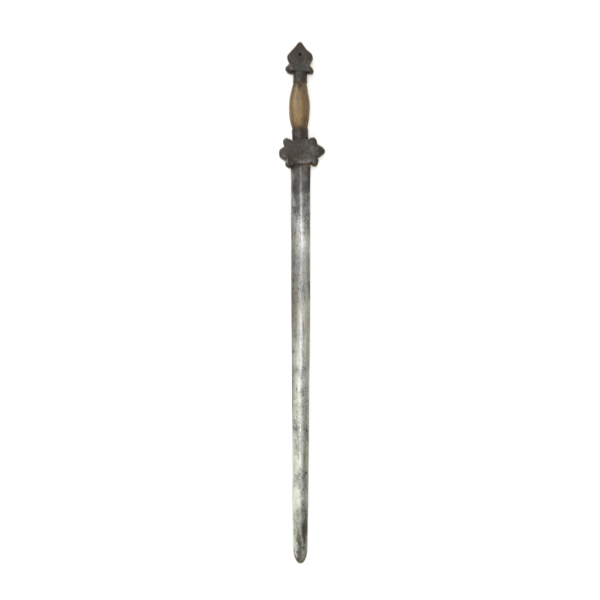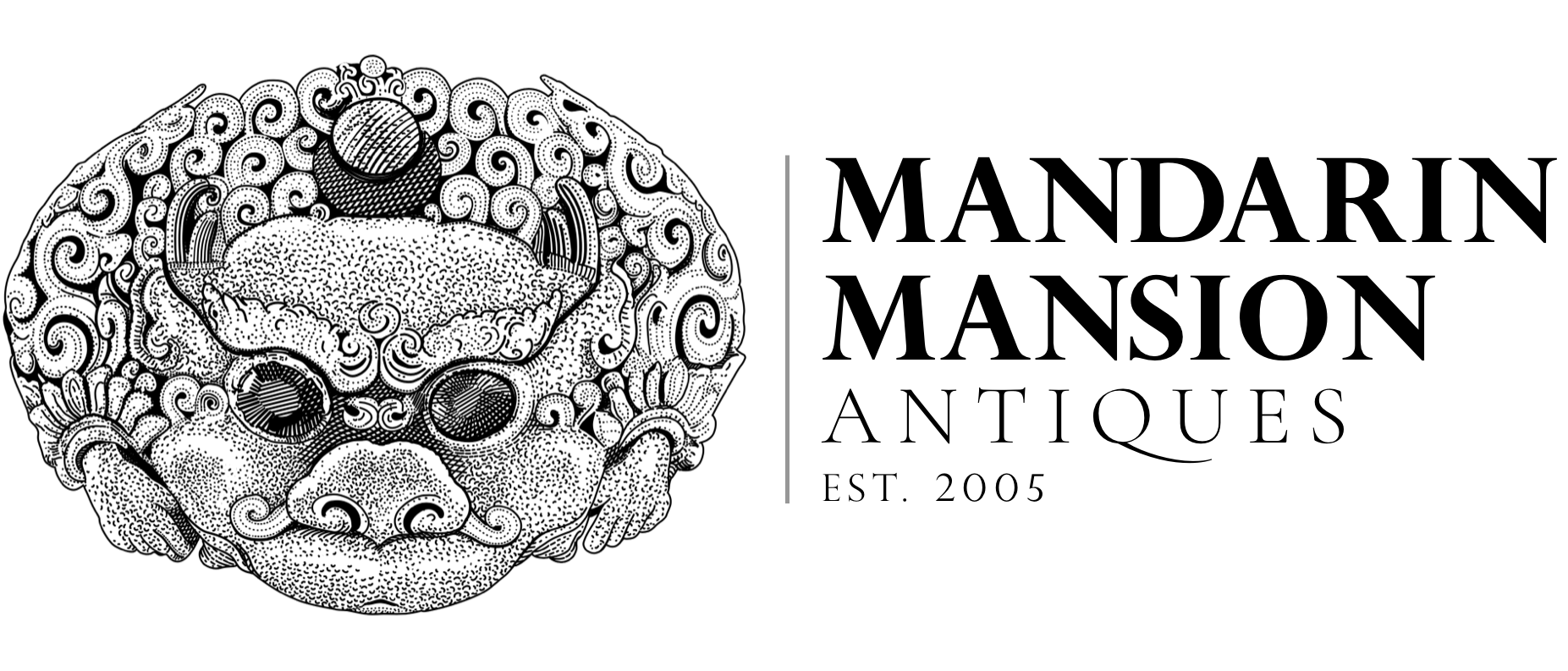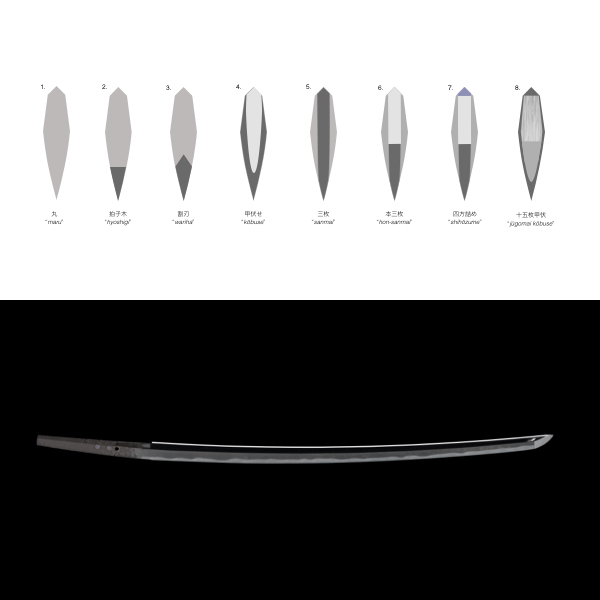
Construction methods of Japanese swords
This article will describe several methods by which the Japanese joined higher and lower carbon steels into their blades.
Asian arms in Dutch master paintings
Dutch masters' fascination with exotic Asian wares shown in a series of paintings.
Very rare early kora
Complete with goatskin-covered scabbard with fine quill embroidery.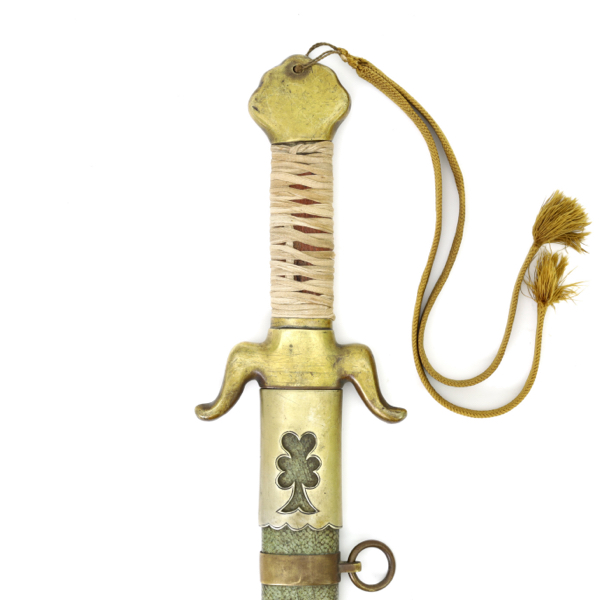
Ma Zhi Zhen Republican duānjiàn
Rare type with stylized bat guard and baitong mounth.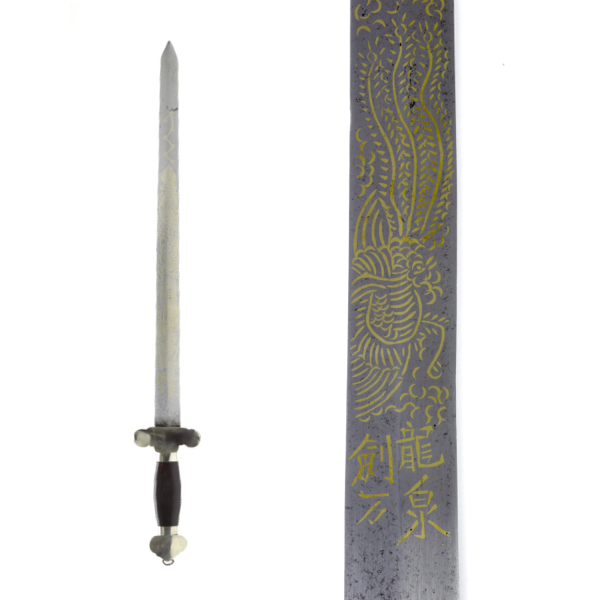
Longquan jiàn by Wan Zi Hao
A Chinese shortsword made by a well-known Longquan maker.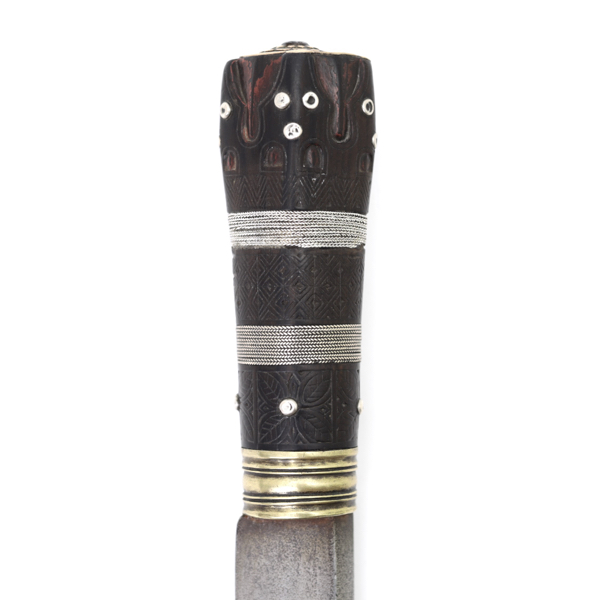
Southern Taiwanese sword
A Taiwanese sword with a long blade of asymmetrical cross-section; the left side is flat and the right side has a ridge on the upper portion of the blade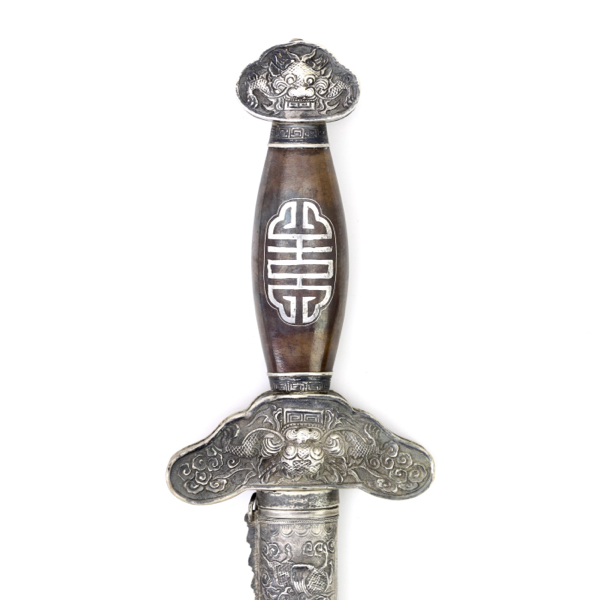
All-metal Vietnamese kiem
A very rare ceremonial variety with copper scabbard inlaid with different alloys, and a brass blade.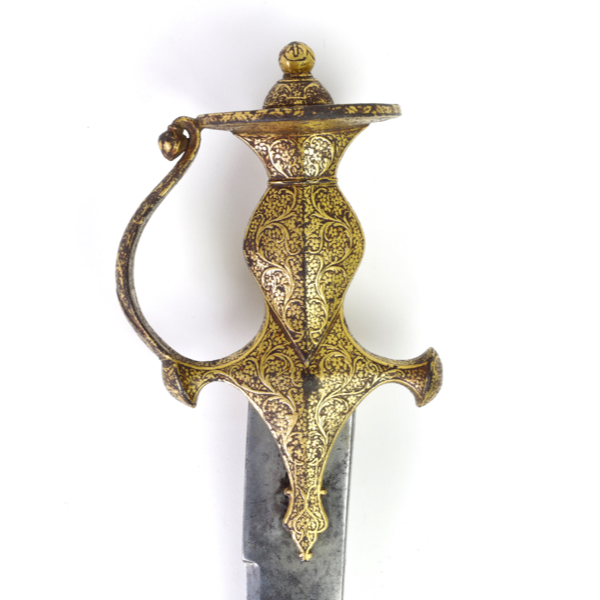
Signed Sikh talwar, dated 1838
Of Punjabi make, inscribed inside the knuckle guard as being presented by Sukhu Singh in 1838.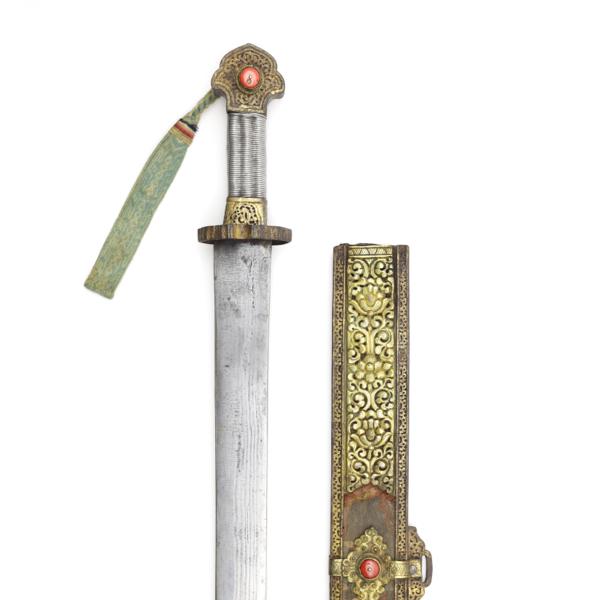
Exceptional dpa'dam with gilt mounts
One of the finest Tibetan dpa'dam around with thick gilding still intact.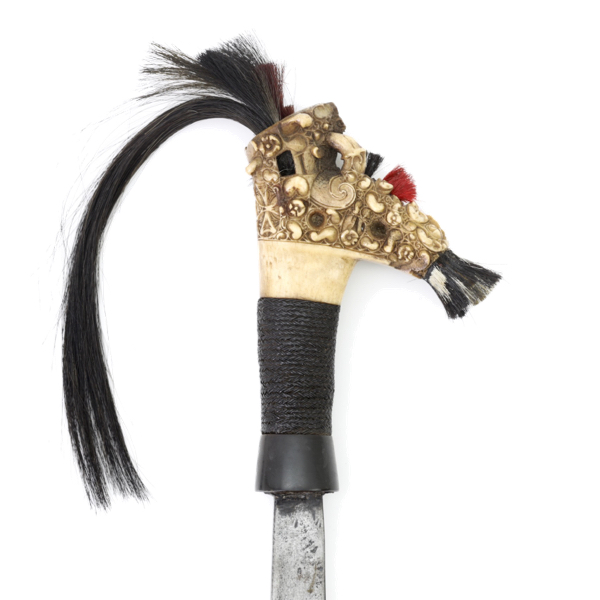
Headhunter chief's mandau
A fine Dayak headhunter sword with an exceptionally carved hilt.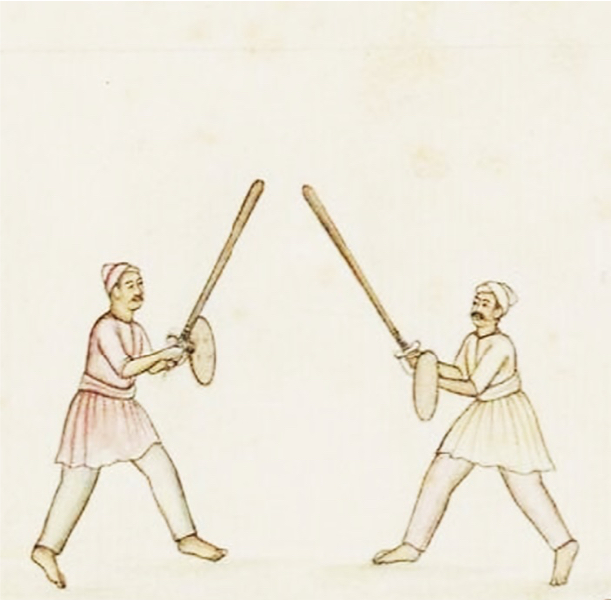
Martial activities in 18th-century Indian art
By Harjit Singh Sagoo
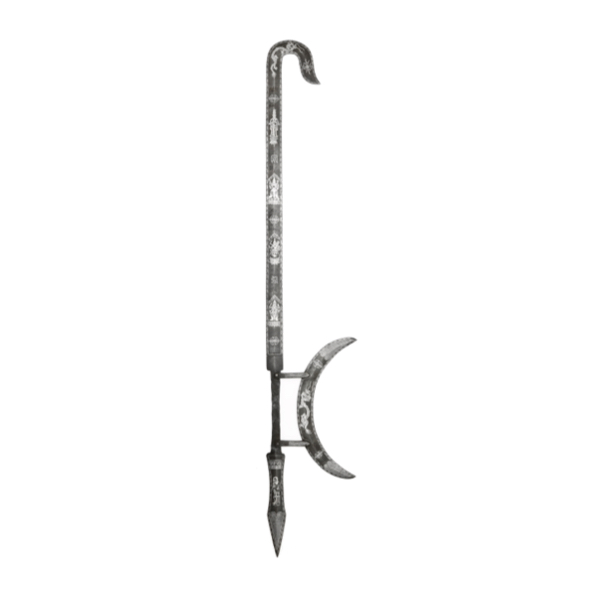
Silver overlaid Chinese hook sword
Typical Chinese hook sword, with seldom-seen fine silver wire overlay.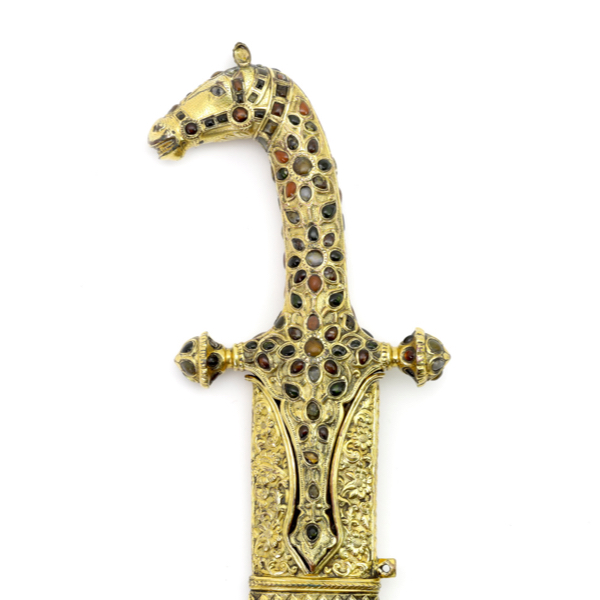
Fine Kutch horse head shamshir
The style typical of Kutch, the execution far above what is normally seen on work from that area.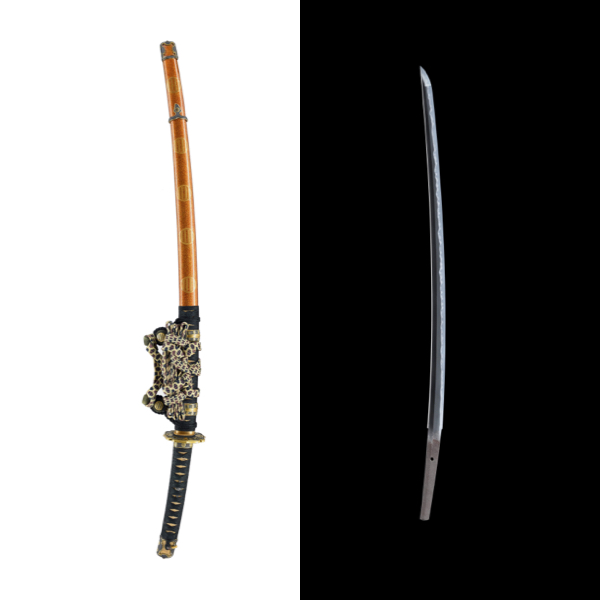
Echizen Kanenori tachi
A fine, Circa 400-year-old blade in 19th-century tachi mountings.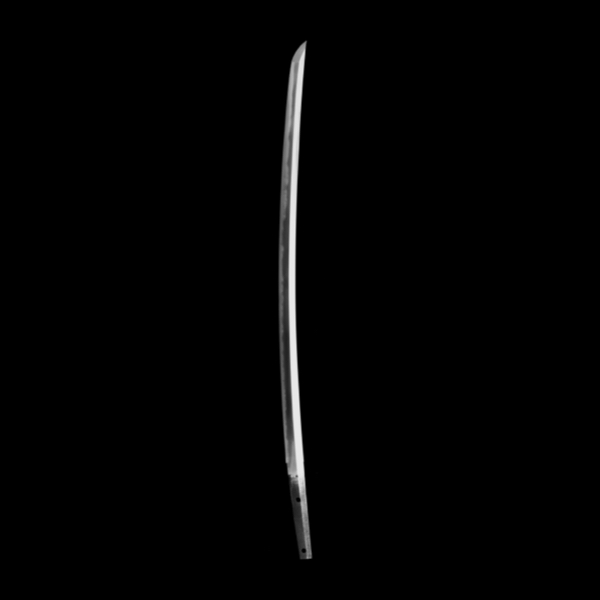
Shiga-Seki Kanenobu katana
Active circa 1492-1501, a smith with Sōshū roots. Ō-wazamono, jō-saku.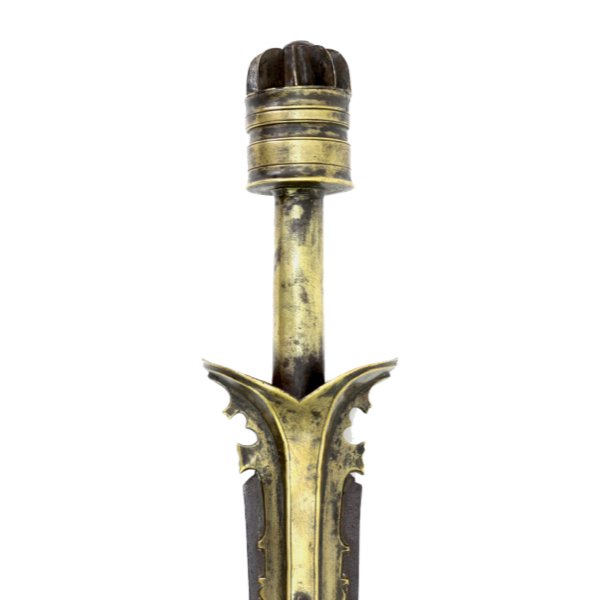
South Indian cobra tip sword
An early fighting piece with strong reinforcing langet and broad, cobra shaped tip.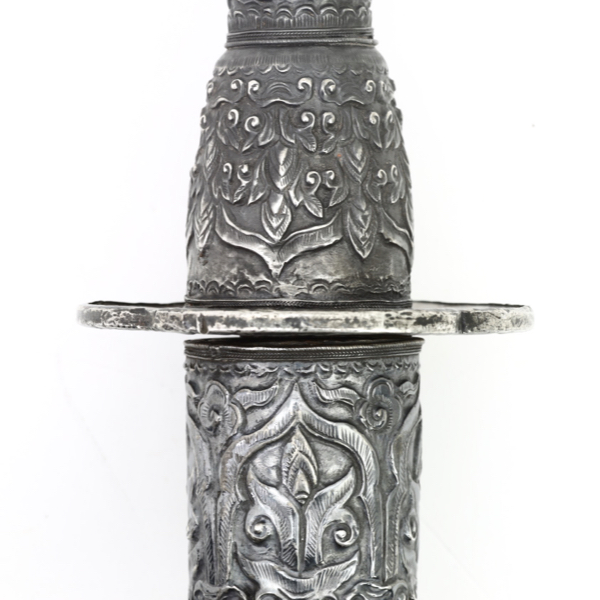
Vietnamese dha in early style
Wih fine embossed silver mounts and an unusual blade with spiked tip.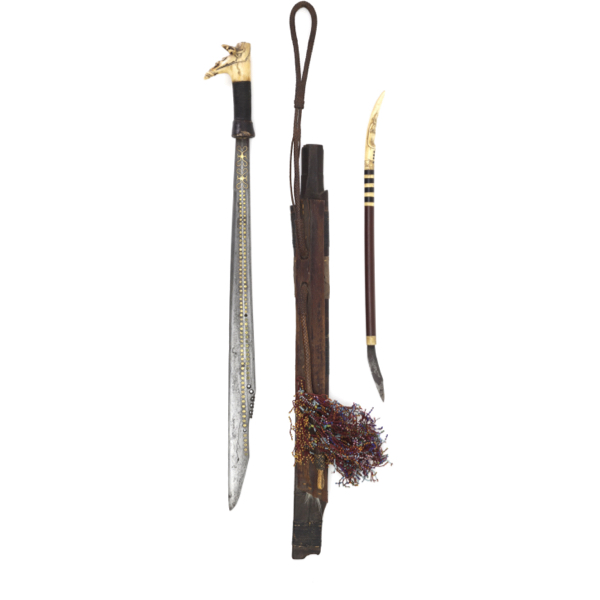
Old mandau with laminated blade
The unusual blade is paired with a unique, probably also very early, hilt.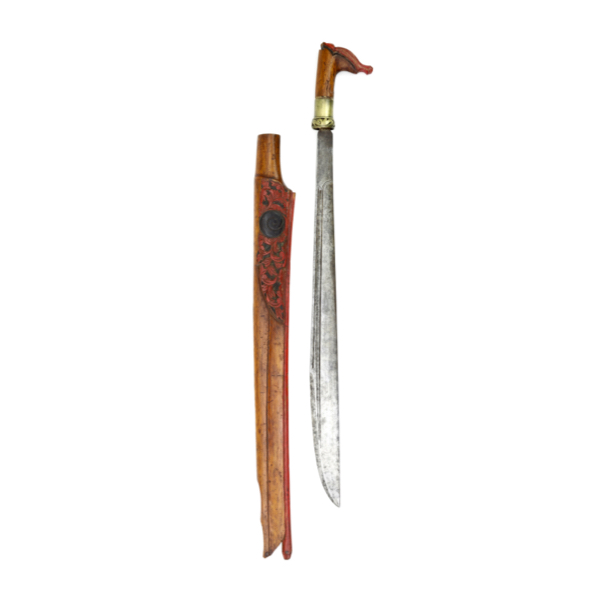
South Kalimantan parang
Of typical South Borneo workmanship, but formed like a mandau from Kutai.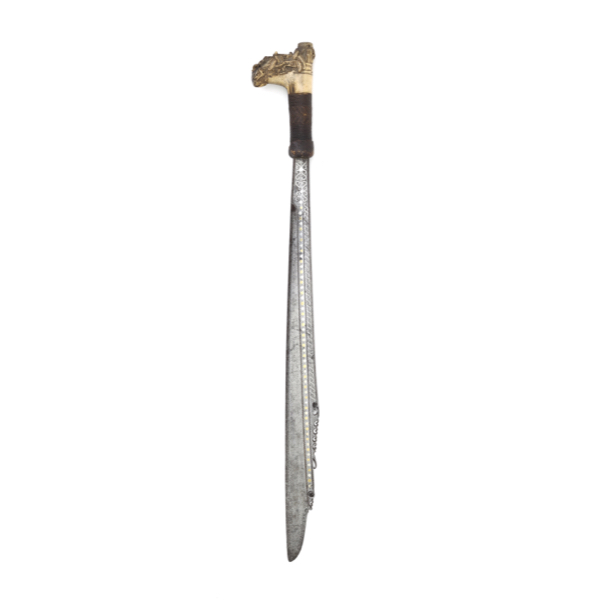
Very old mandau with stars
With exceptional, well crafted and heavy blade.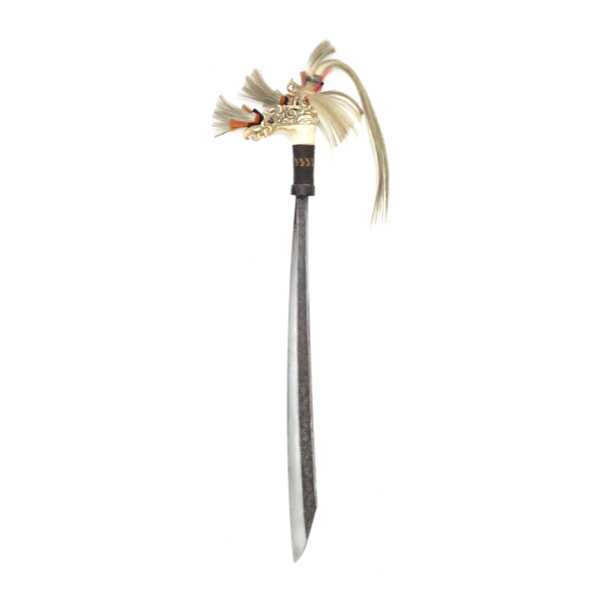
Good Kenyah mandau
A very nice Kenyah mandau with engraved blade and most of its hair intact.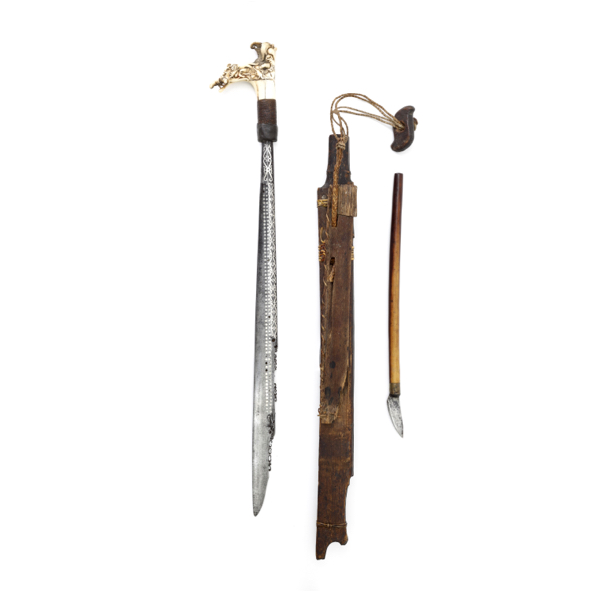
Fine long glat mandau
A testament to why the Long Glat were known as expert blade makers.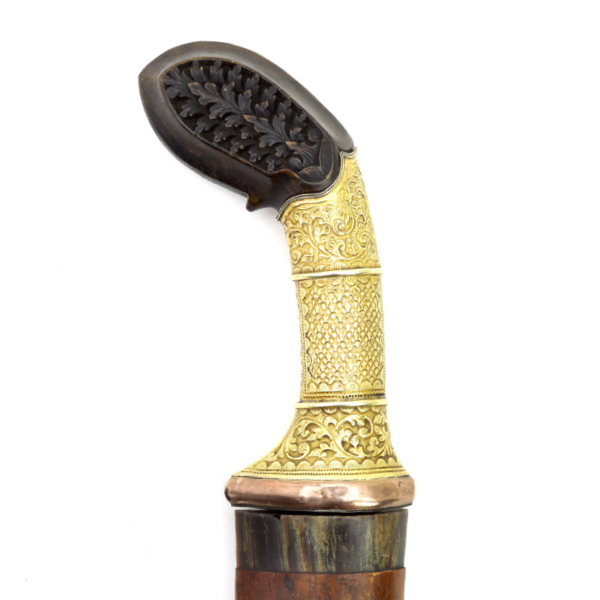
Sumatran sword with gold covered hilt
A fine example, probably meant for Palembang royalty.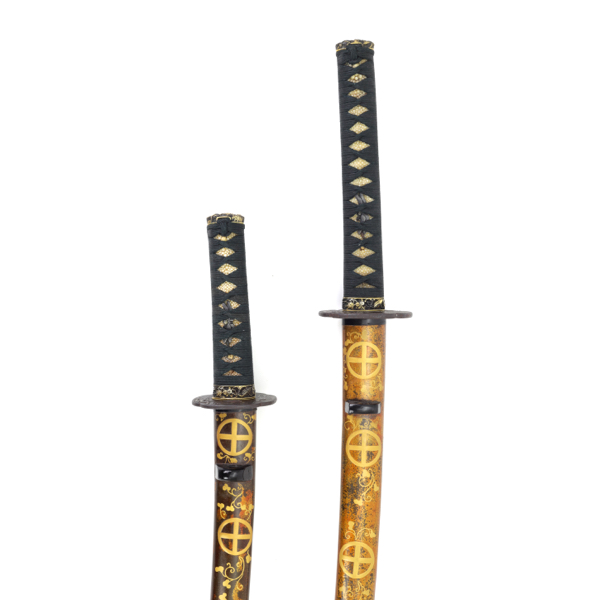
Shimazu mon daishō
A pair of daishō with blades forged by the Takada smiths of Bungo in the north of Kyūshū.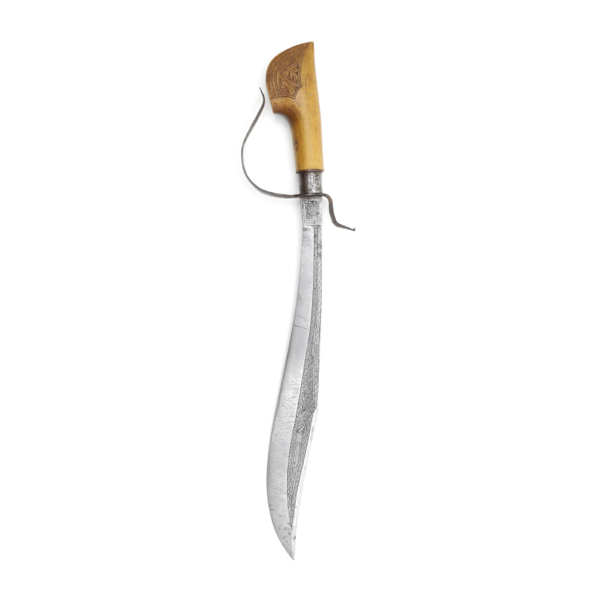
Mandailing sword
A very rare sword of a type that may be attributable to the Mandailing people of West Sumatra.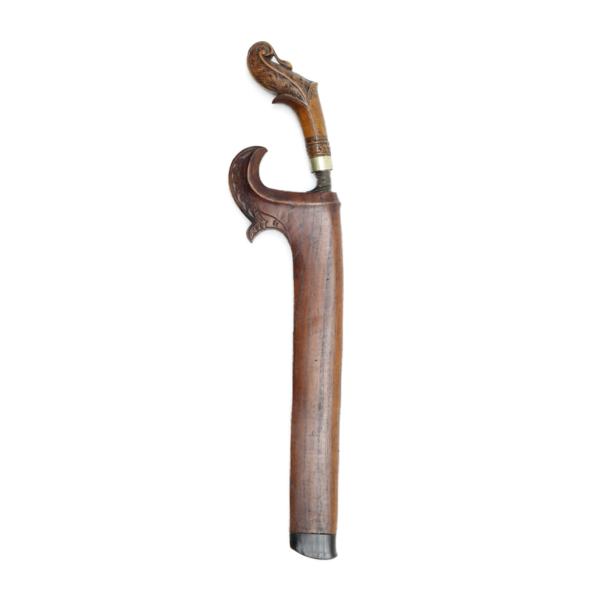
Padang highlands sword
A rare type of Sumatran sword, often attributed to the Padang Highlands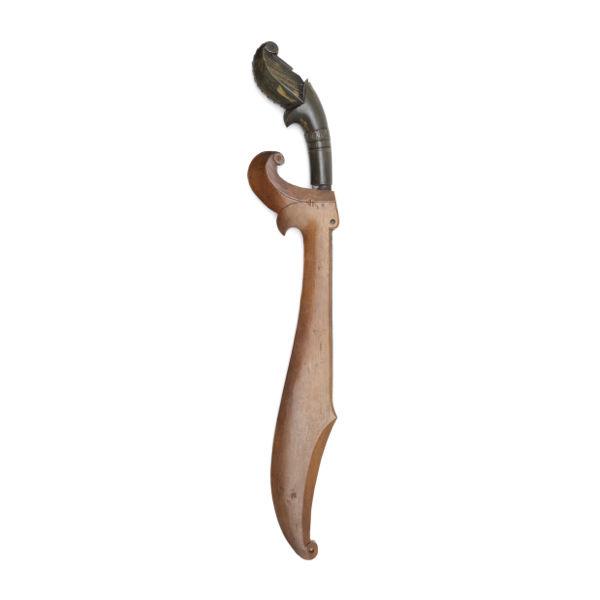
A rare Sumatran sword
With a blade often associated with the Mandailing of Sumatra.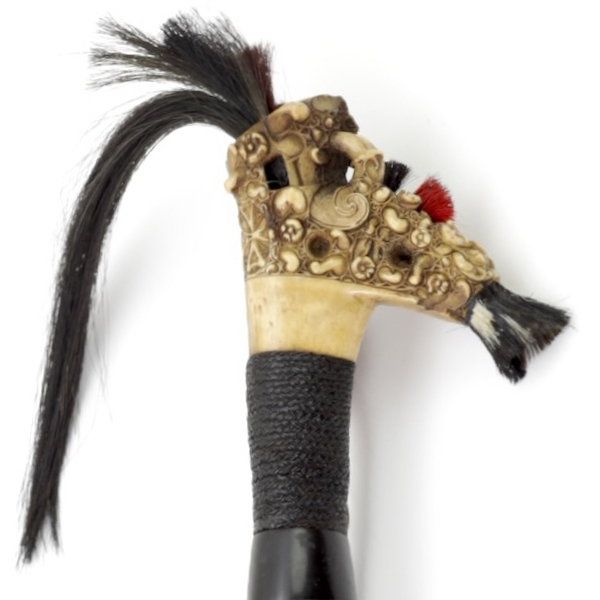
So-op
Dayak word for their sword hilt.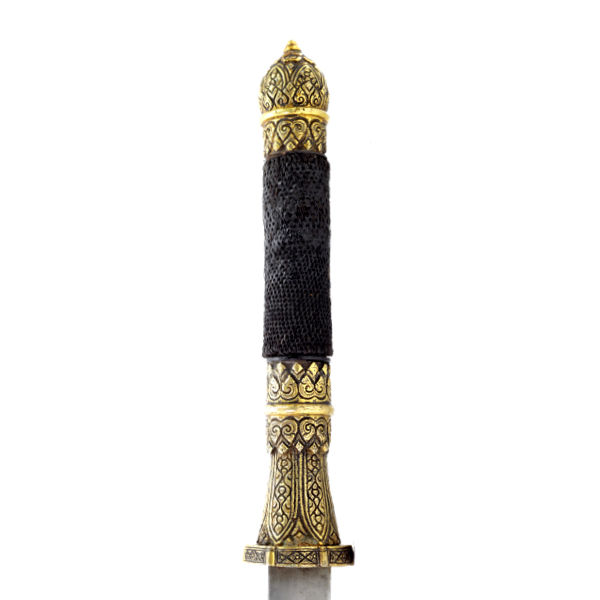
Thai gilded silver niello sword
Straight gold inlaid blade and silver-gilt niello mounts.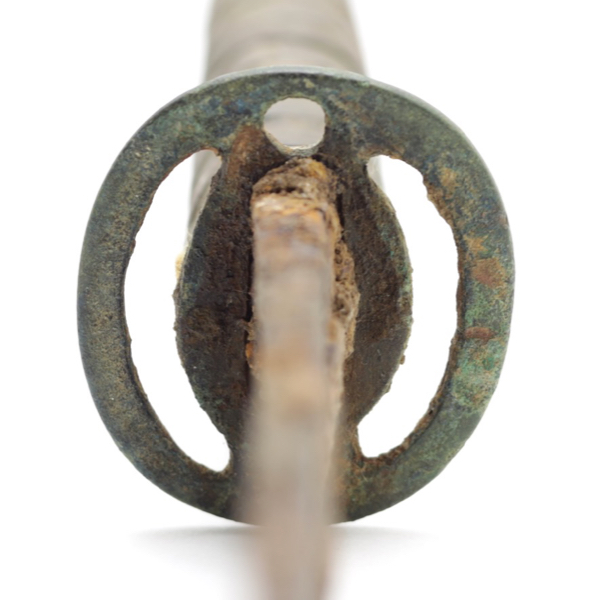
SE Asian dha with "Musashi tsuba"
In excavated condition, with copper alloy hilt.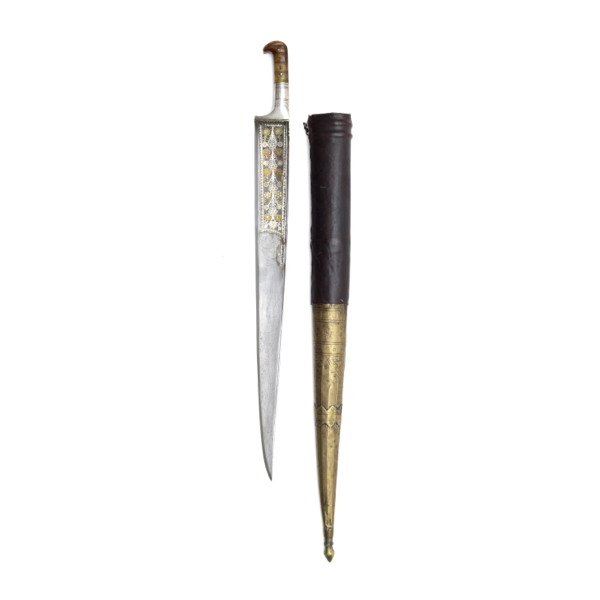
Khyber knife
The English name for the peculiar slashing weapon used around the Khyber pass.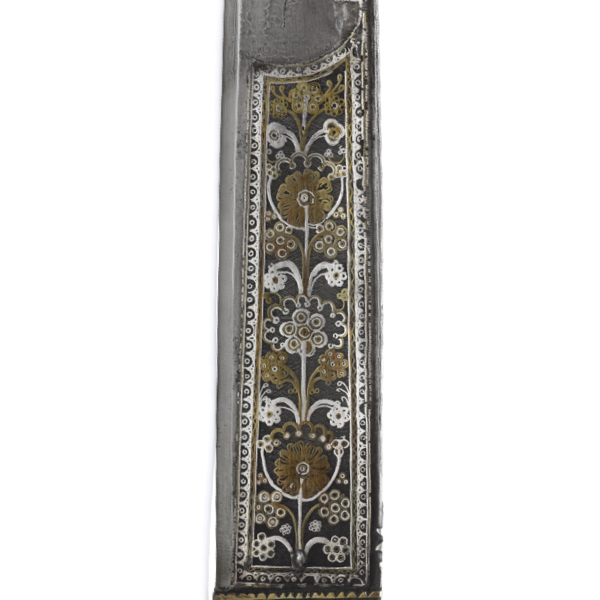
Unusual khyber knife
With forge folded, overlaid blade.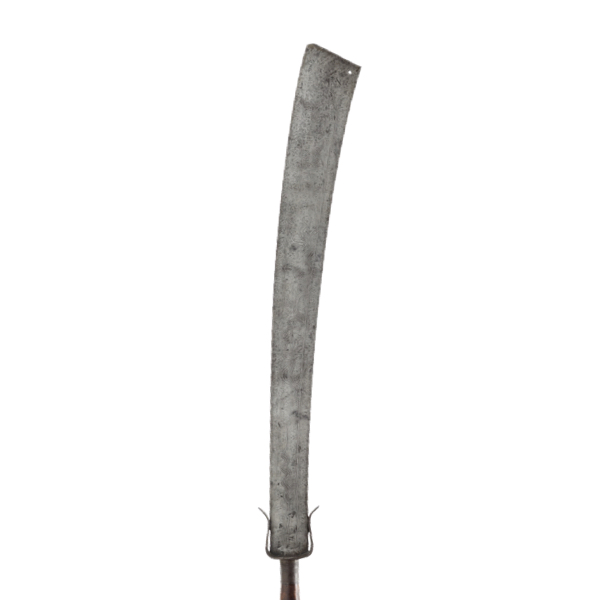
Unusual Vietnamese trường đao
With forward swept iron guard and swollen grip.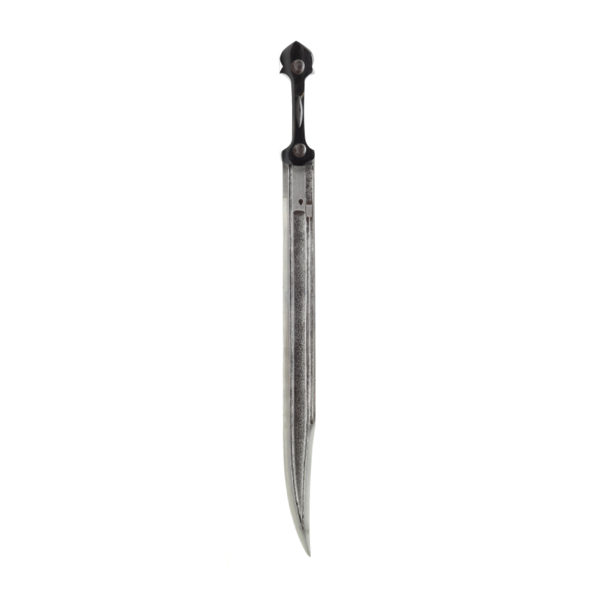
Transcaucasian kindjal
With a rare single-edged blade with tight fullering.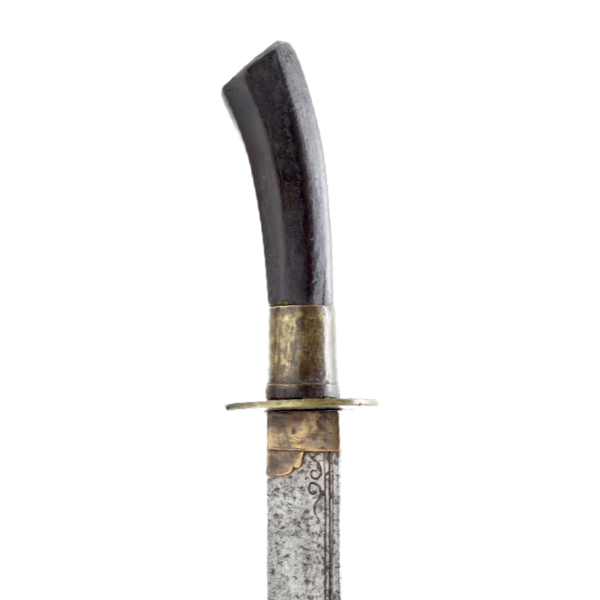
A Tonkinese saber
Northern Vietnam, 19th century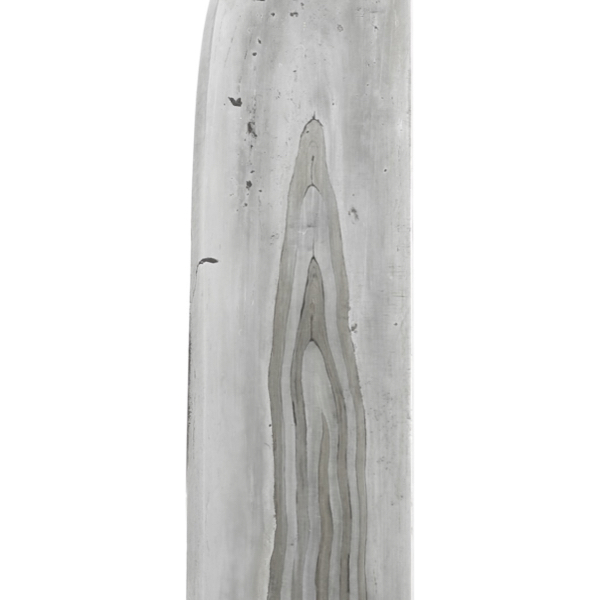
Thur
Tibetan term for their "hairpin forging" of blades.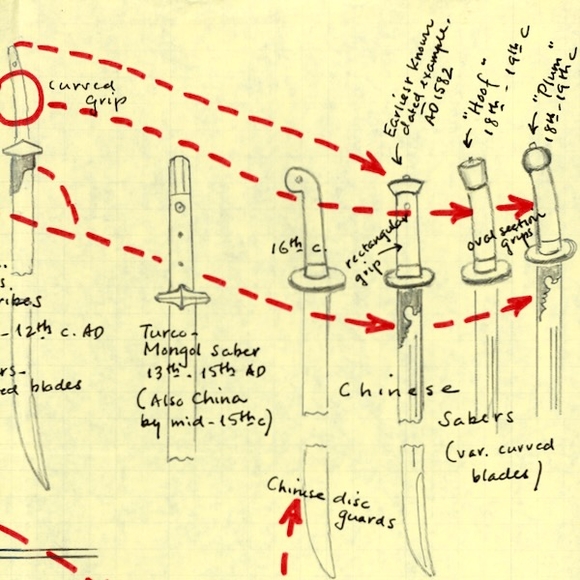
A sketch of East Asian sword evolution
Some time ago, Philip Tom sent me a bunch of his old research files on Asian arms for me to study.
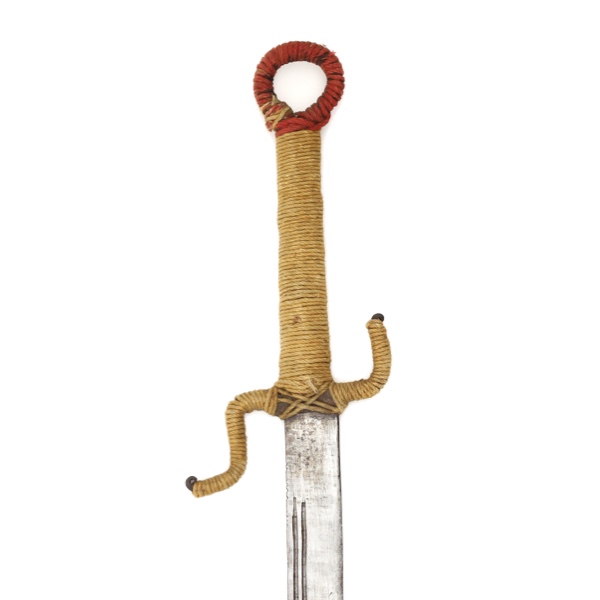
A large Qing dàdāo
Large and heavy example with the notable Umlauff provenance.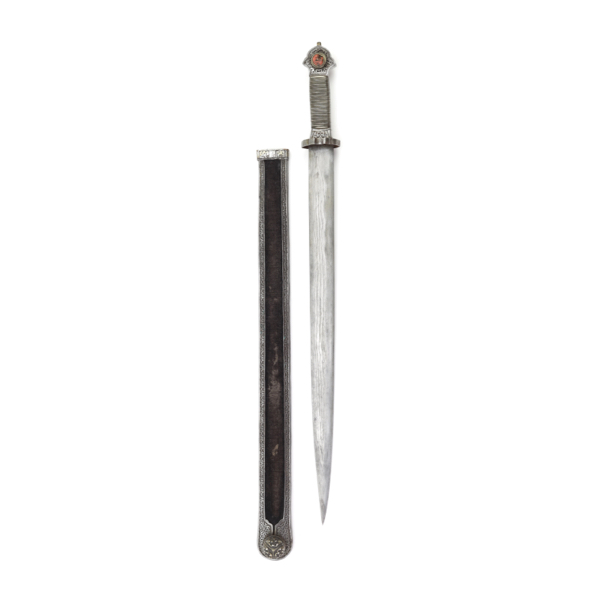
Silver overlaid Tibetan shortsword
With a rare, finely forged double hairpin blade.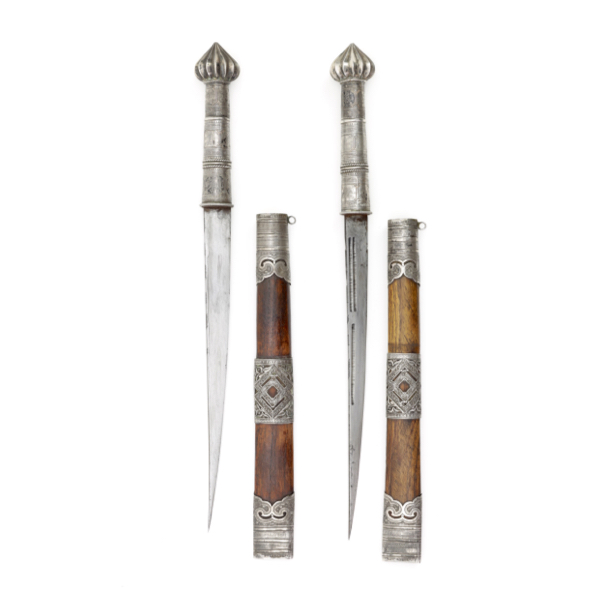
Pair of fine Yunnan knives
Carrying Chinese silver marks on their scabbard mounts.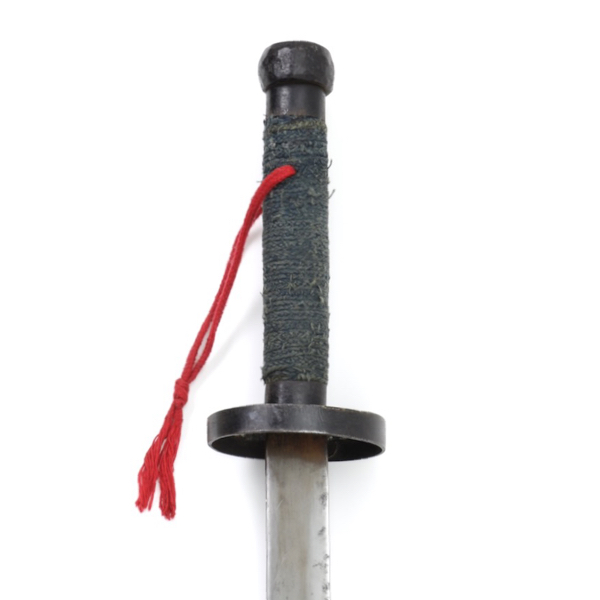
Large Qing military sword
Probably of Southern origin, with a straight blade and flaring tip.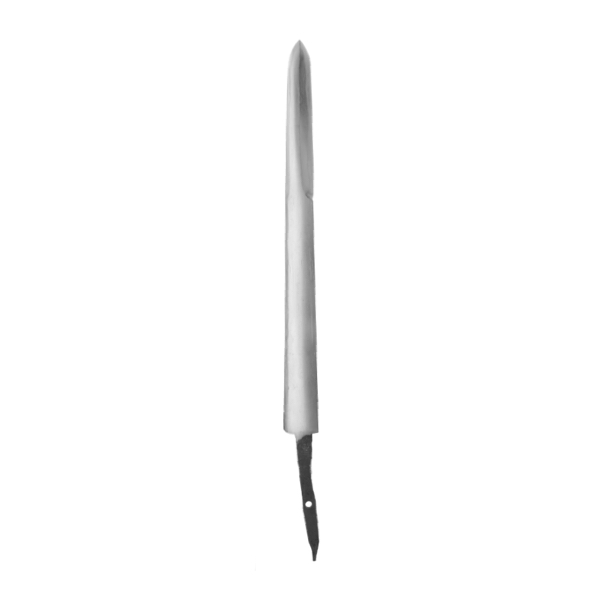
Archaic Chinese shortsword
Probably of Chinese origin, resembling some of the earliest Japanese swords in existence.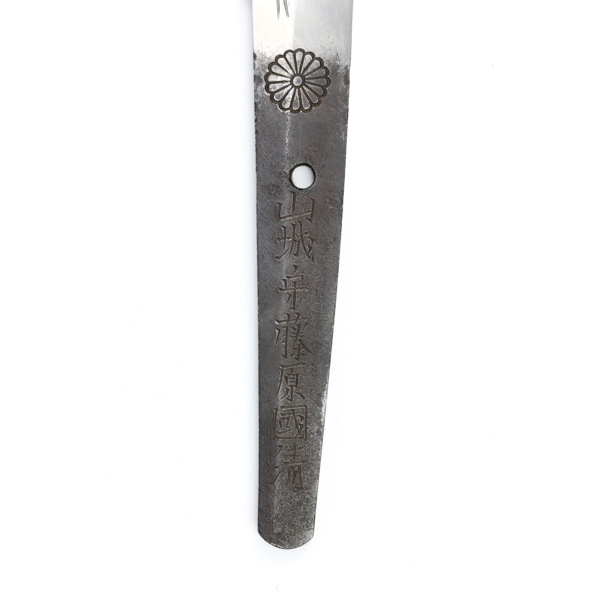
Nakago (茎 / 中心)
Japanese word for the tang of a sword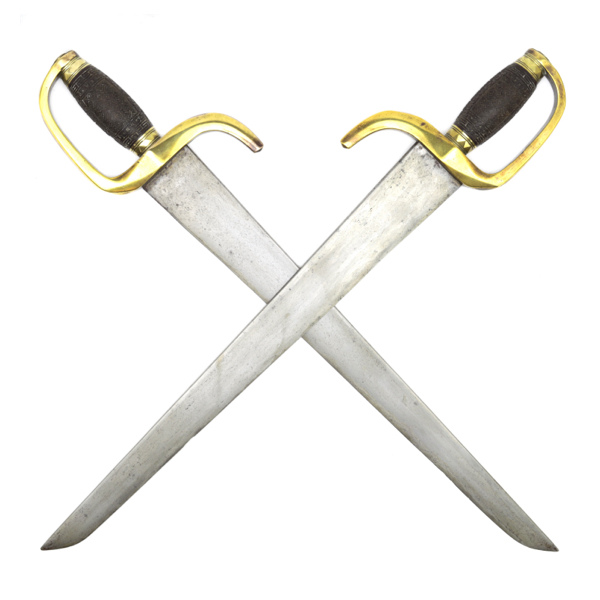
Outstanding set of húdiédāo
A set of the rarer long and wide variety with very well-carved hilts and good overall finish.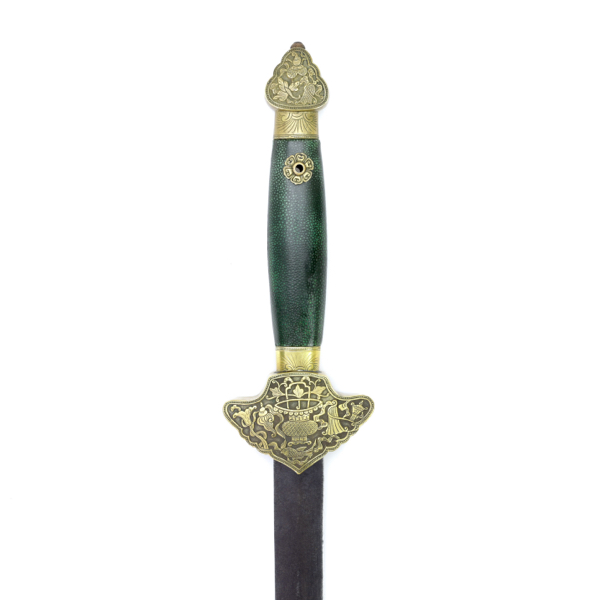
Qing jiàn in later mounts
Qing period blade in very nicely made early 20th century mounts.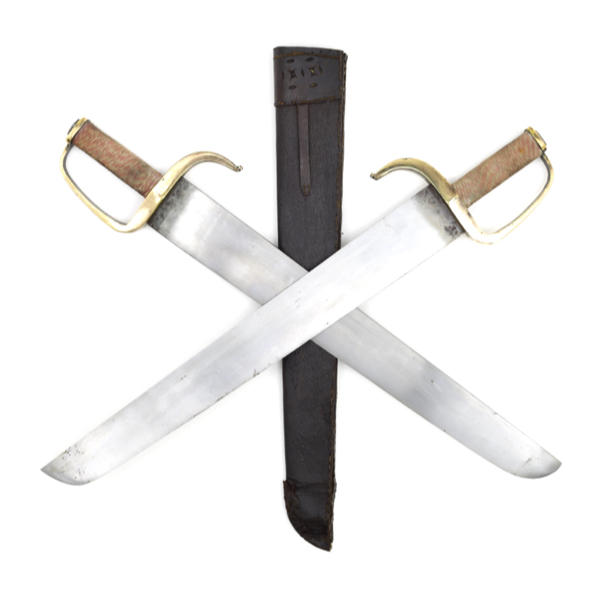
Southern Chinese húdiédāo set
Wide-bladed pair with eccentric hilt features. Complete with scabbard.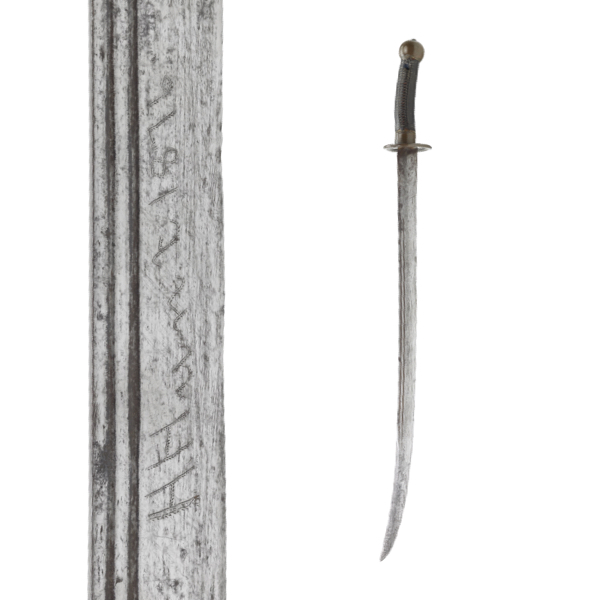
Chinese military saber marked 1876
Southern Chinese officer style saber with later inscription H.Hunt 1876.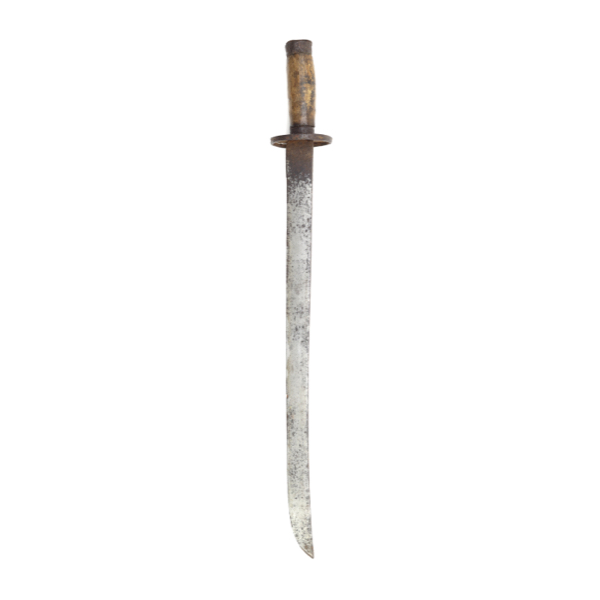
Chinese village dāo
A simple utilitarian weapon, probably made for rural martial artists or militia.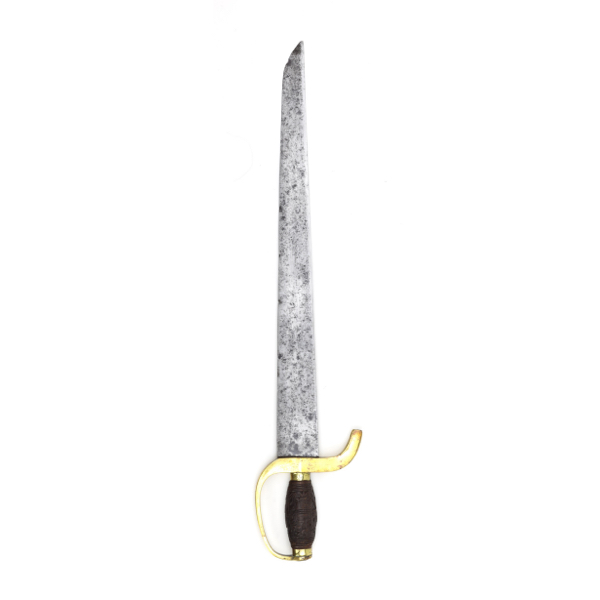
Qing páidāo (shield knife)
With Tongzhi reign marks, corresponding to the year 1863.